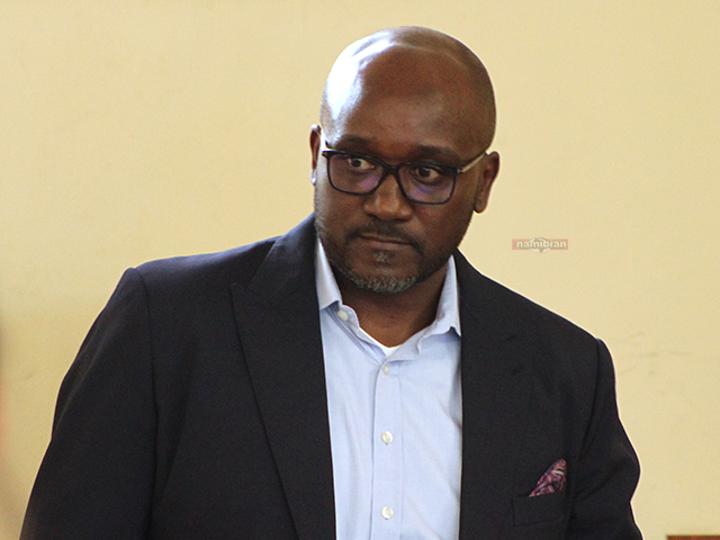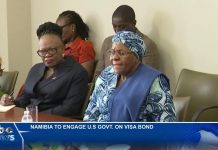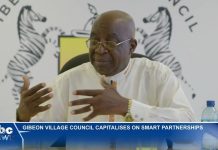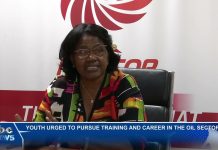Africa-Press – Namibia. THE Anti-Corruption Commission (ACC) and the Office of the Prosecutor General (PG) are pointing fingers at each other over who should take charge of the administration of a tracking device which Fishrot-accused Ricardo Gustavo is to be fitted with.
Gustavo was released from prison last month on bail in the amount of N$800 000. As part of his bail conditions, High Court judge Herman Oosthuizen ordered that Gustavo be fitted with a Global Positioning System (GPS) device to monitor his movements.
However, this part of Oosthuizen’s judgement is yet to be implemented due to disagreement over the administration of the device, among other things. ACC director Paulus Noa yesterday said: “I don’t know whether the judge ordered the ACC to put the GPS [on Gustavo]. I thought the judge mentioned the state. The state is not necessarily the ACC. It’s the PG’s office.”
However, prosecutor general Martha Imalwa said her office was only responsible for prosecution. According to her, the administration of the GPS tracking device lies with the ACC as investigators.
“The judgement of the court specified the people who are required to implement the court order. There is a difference between the prosecution and the investigators,” she yesterday said.
Imalwa has since lodged an application for leave to appeal against Gustavo being granted bail. APPEAL APPLICATION In documents submitted to the High Court last month, Imalwa said judge Oosthuizen misdirected himself when he ruled in favour of Gustavo’s bail bid.
She also alleged that Oosthuizen failed to consider that there is no legal framework providing for the use of GPS tracking devices in Namibia. “Moreover, the honourable judge did not even identify the type of GPS device, or by who and how it would be determined that it can be effectively put to use in Namibia,” Imalwa said.
She said the bail conditions are largely contradictory, since Gustavo would be able to do what he is supposedly barred from doing. Imalwa said Oosthuizen should have considered that Gustavo was facing serious charges, ranging from racketeering to fraud and money laundering.
The state has a strong case against him, she said. “Evidence tendered by the state showed that the respondent (Gustavo) was or is a member of a sophisticated syndicate of which the criminal activities allegedly had a devastating and crippling effect on the economy and state resources,” she said. The prosecutor general said Oosthuizen failed to consider a witness statement from whistleblower JÓhannes Stefánsson in his judgement.
The statement says when the Namgomar Pesca Namibia project was set up, Gustavo and his co-accused attended a meeting during which they discussed how the Samherji Group and his co-accused, including former minister of fisheries and marine resources Bernhard Esau and former minister of justice Sacky Shanghala, would benefit from the Namgomar scheme.
Gustavo was Namgomar Pesca Namibia’s sole employee. “There was a meeting in Iceland in 2014, attended by the respondent (Gustavo), JÓhannes Stefánsson, James Hatuikulipi, Sacky Shanghala, and Tamson Hatukulipi where a catching agreement was signed,” the prosecutor general said.
According to her, the agreement was signed between Namgomar Pesca Namibia and the Samherji Group, with a usage fee of N$500 per tonne, which constituted 25% of the usage fee.
She said it was also agreed that the remaining 75% of the usage fee would be paid to Tundavala Investment Limited in Dubai, an entity in which Gustavo’s friend James Hatuikulipi had an interest.
Gustavo’s lawyer, Trevor Brockerhoff, yesterday said he was aware of Imalwa’s leave to appeal, but has not studied the documents yet. He said he would comment on the matter next week.
For More News And Analysis About Namibia Follow Africa-Press






